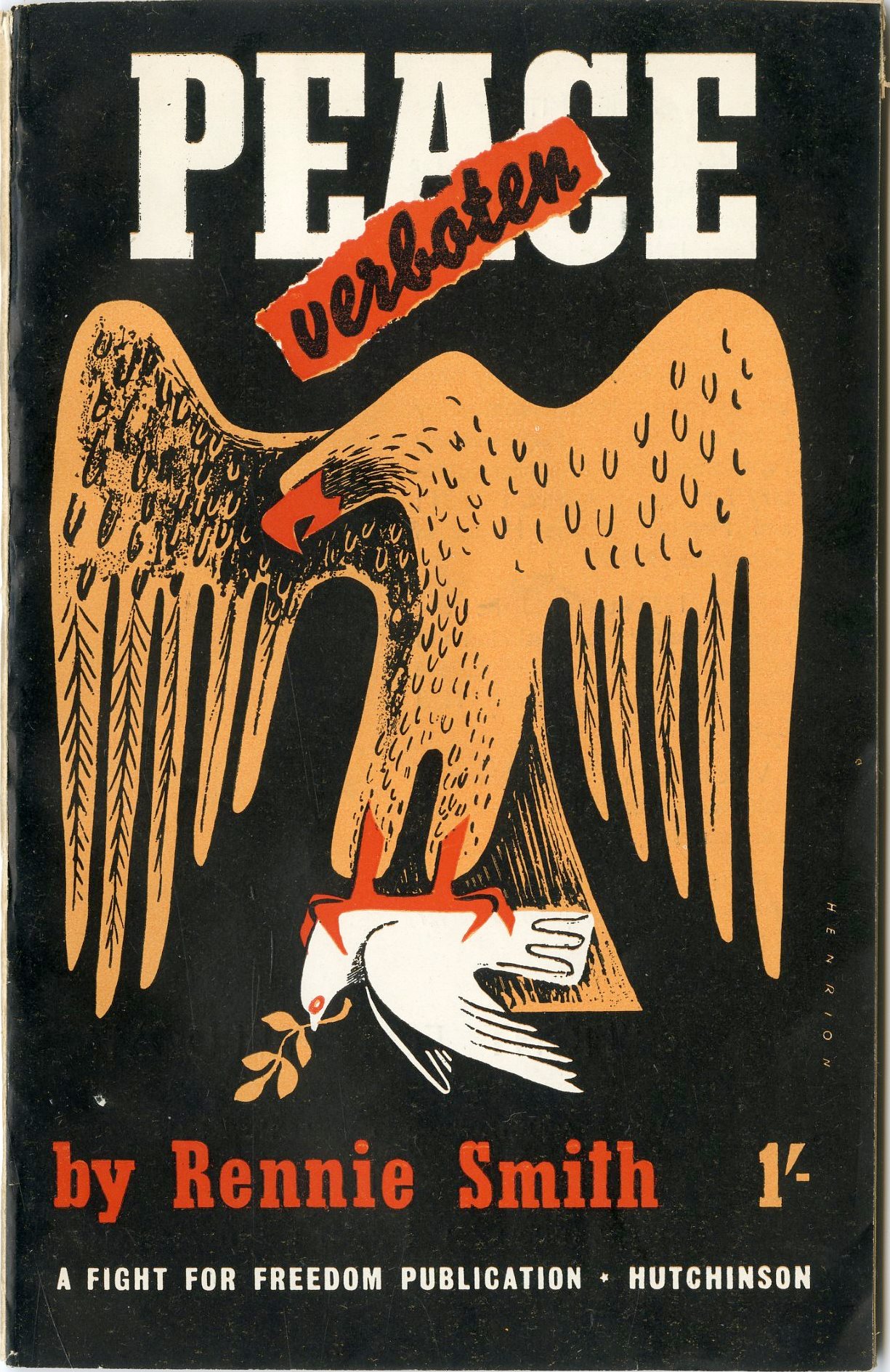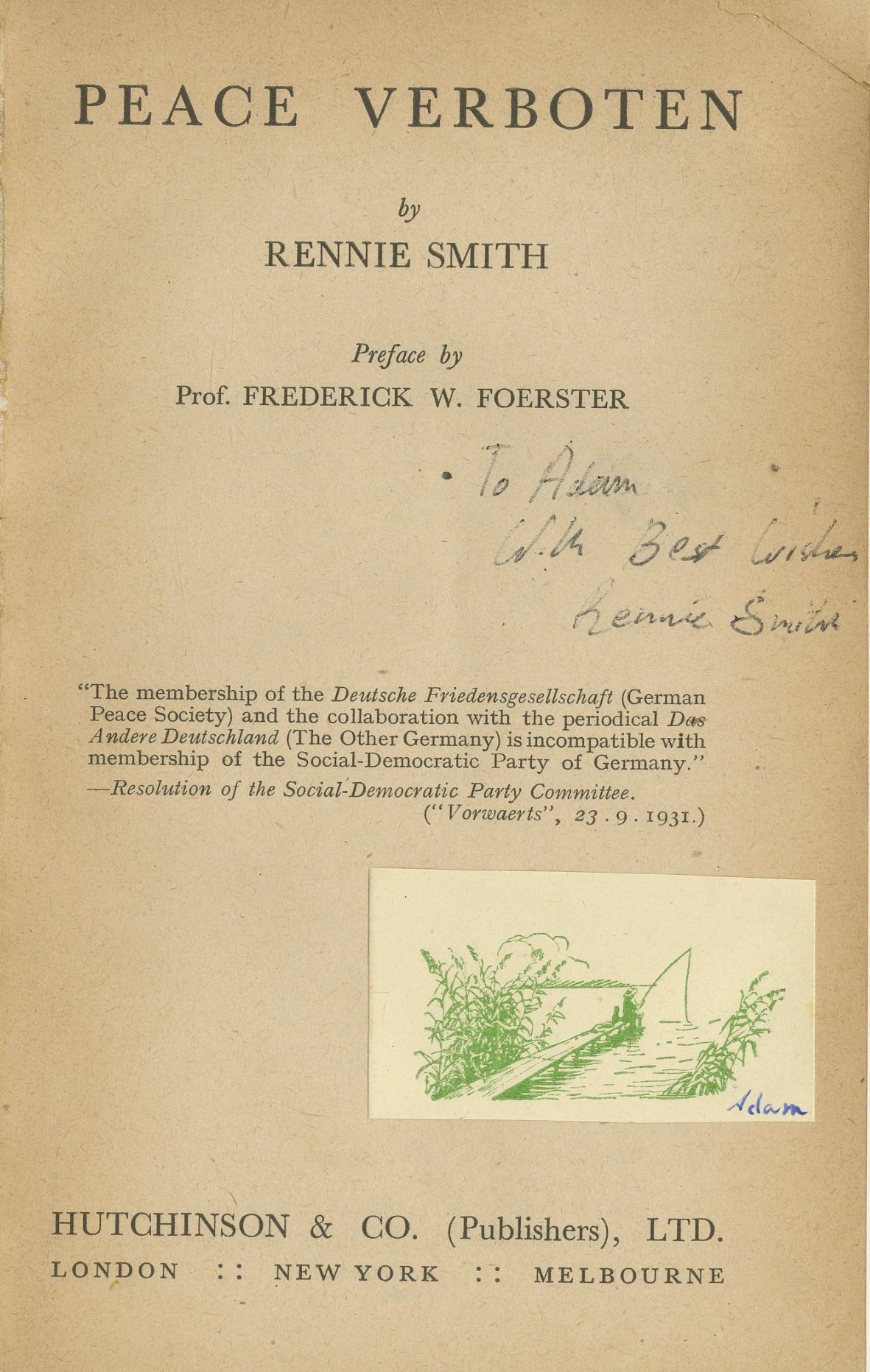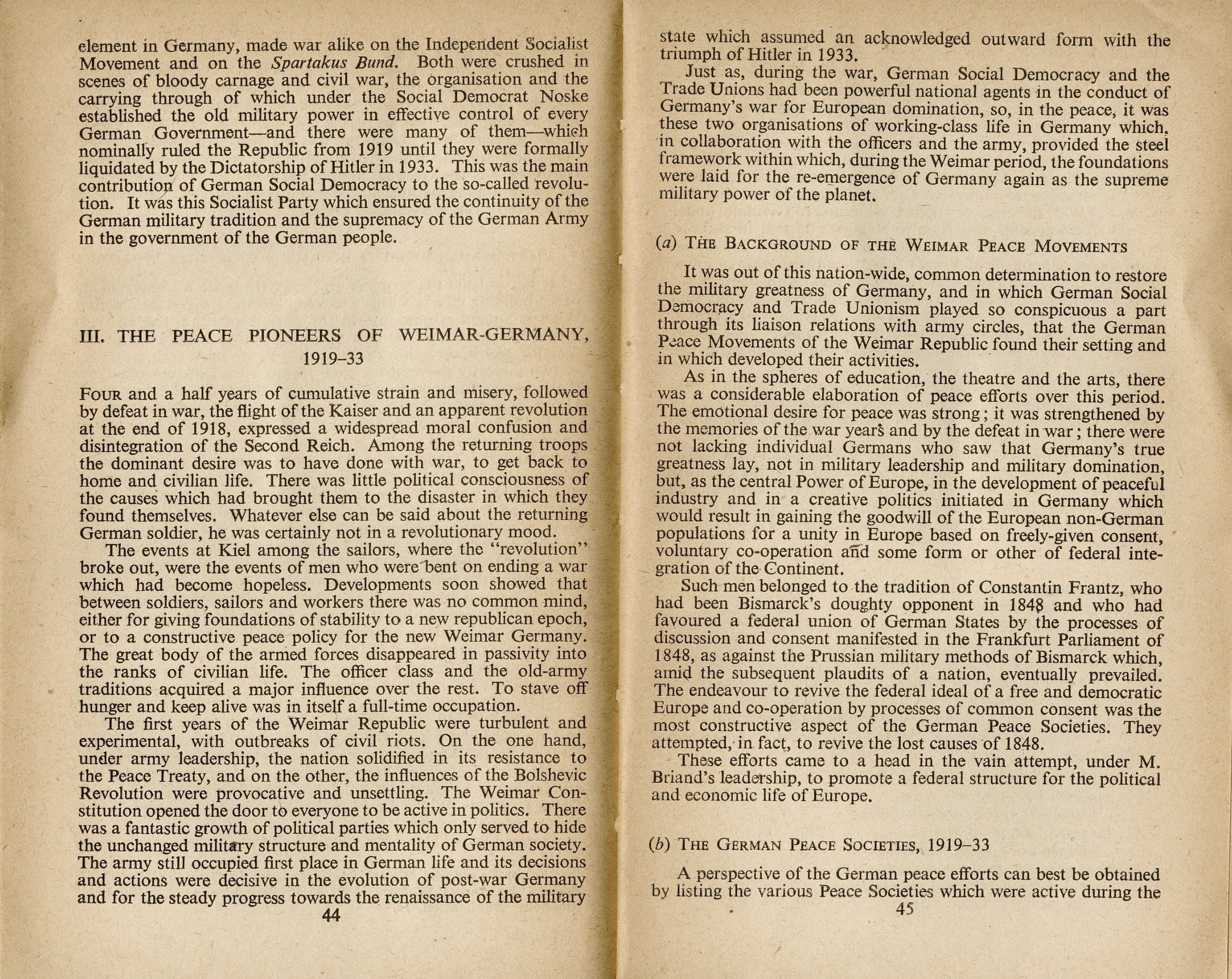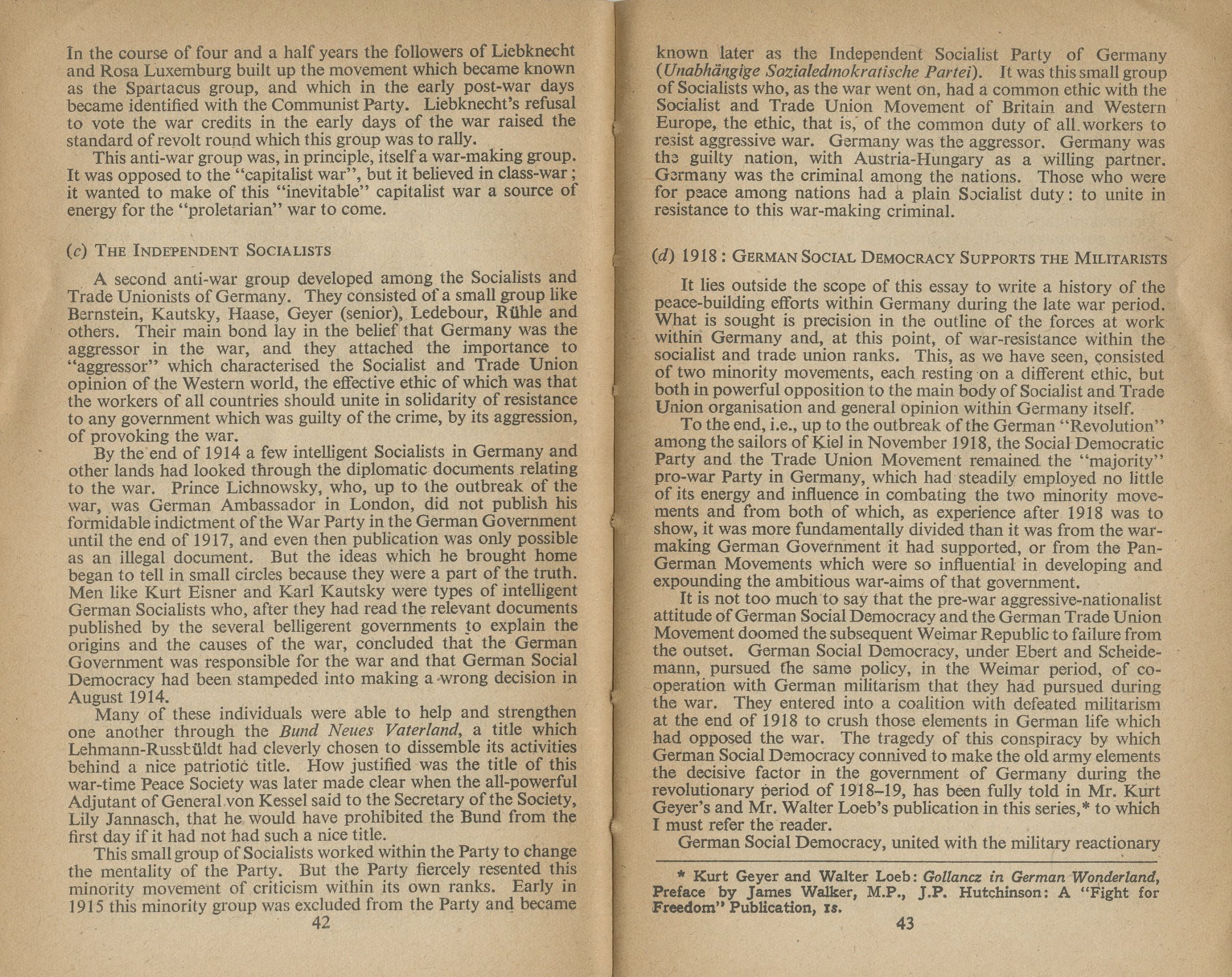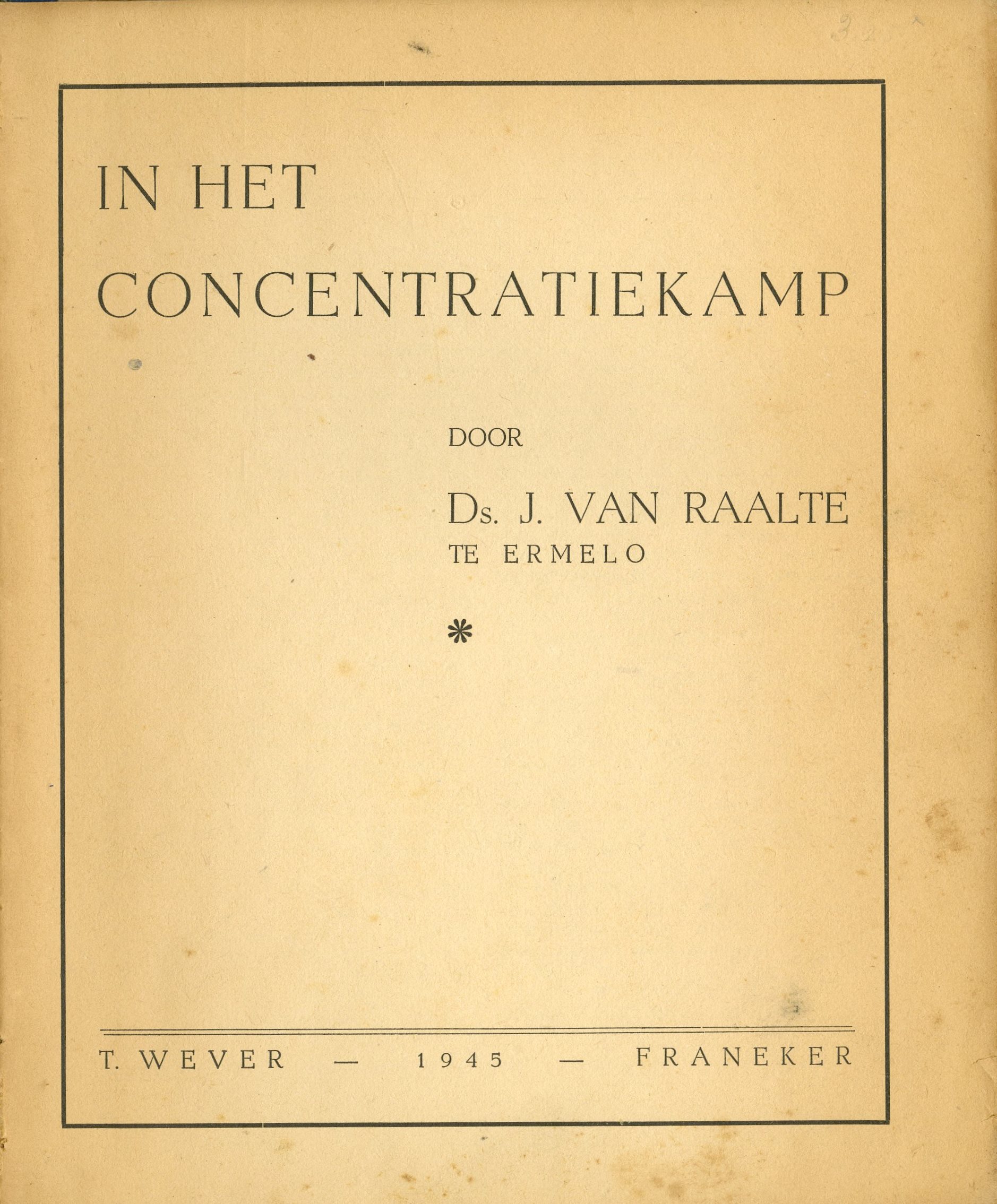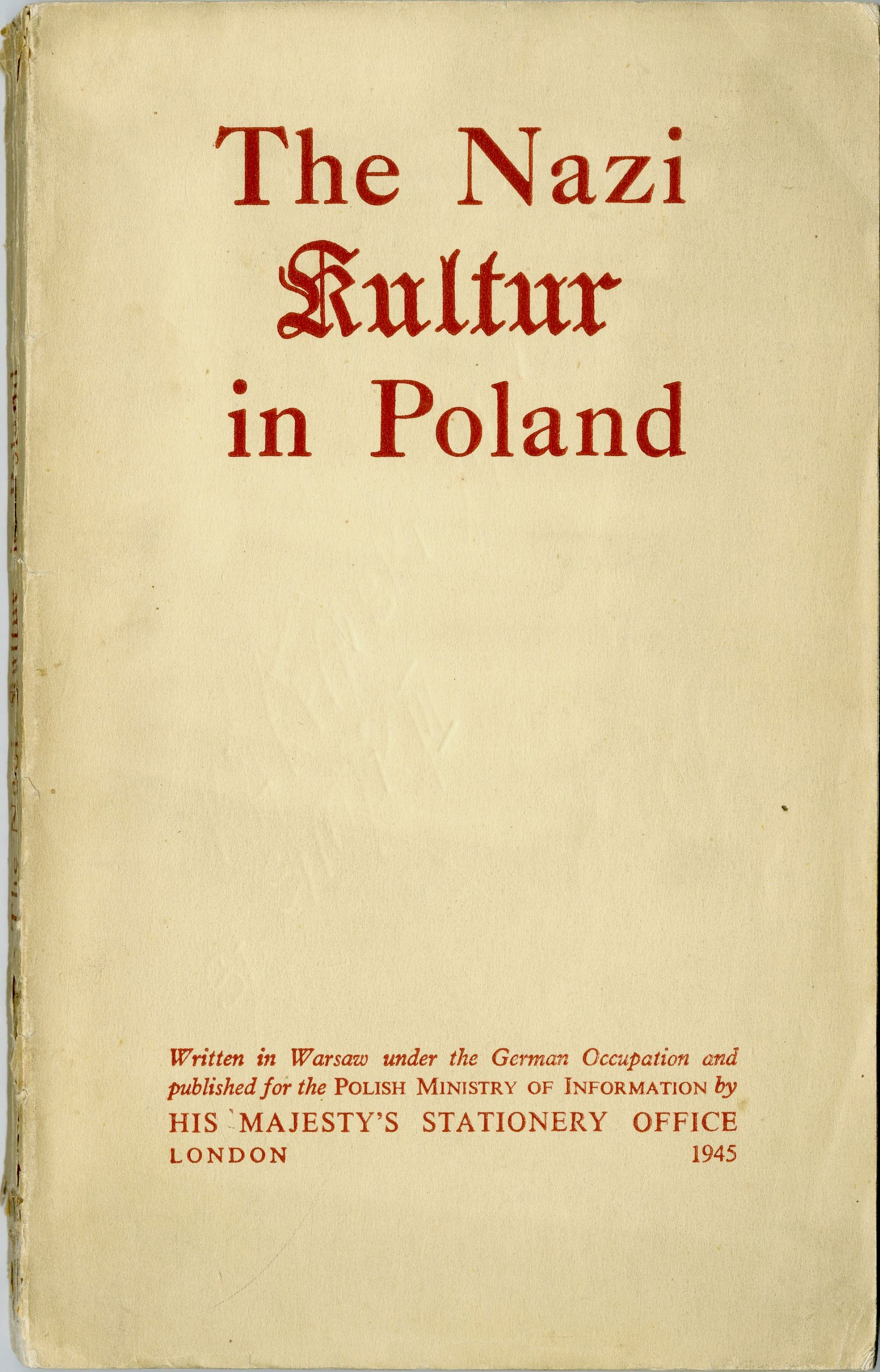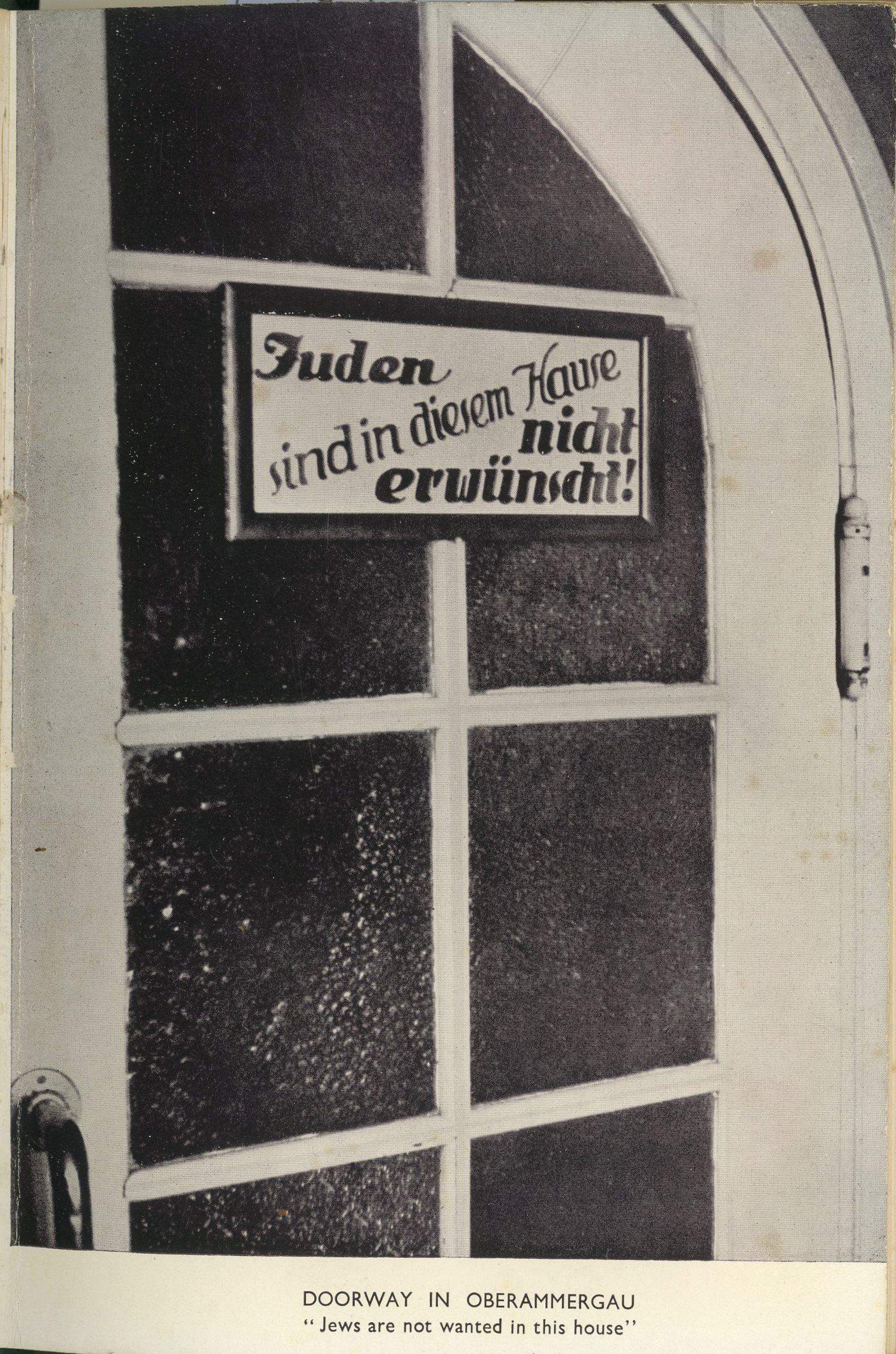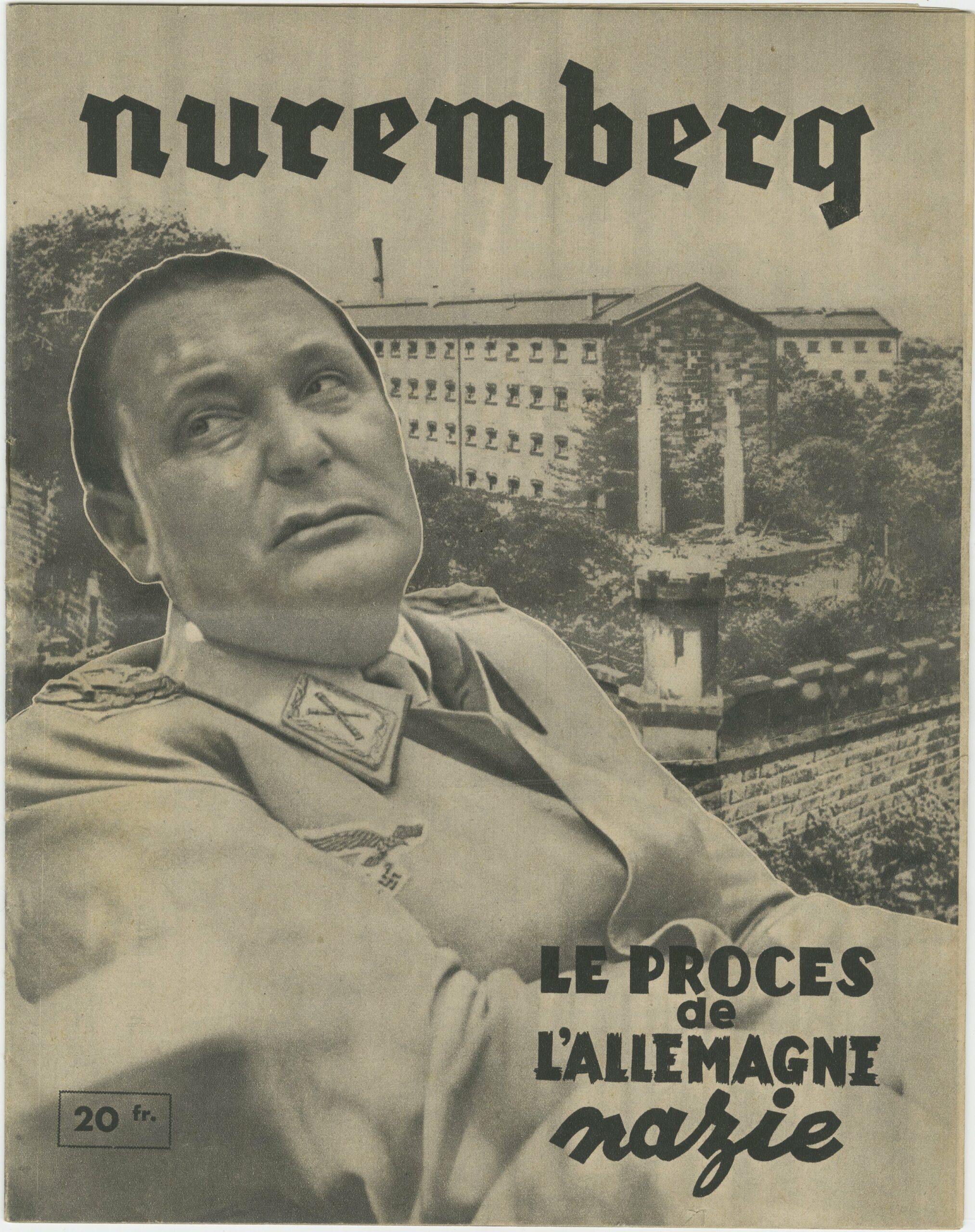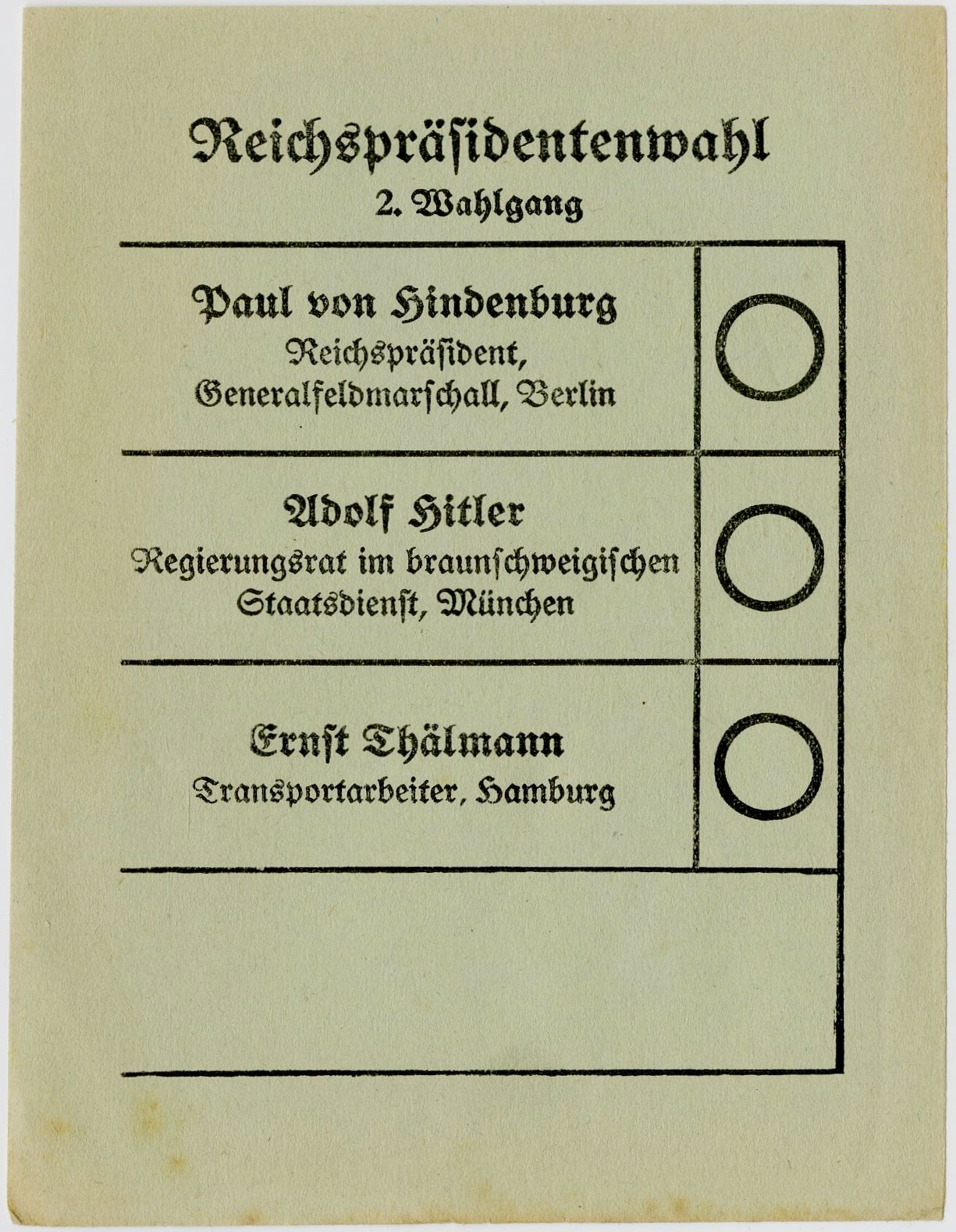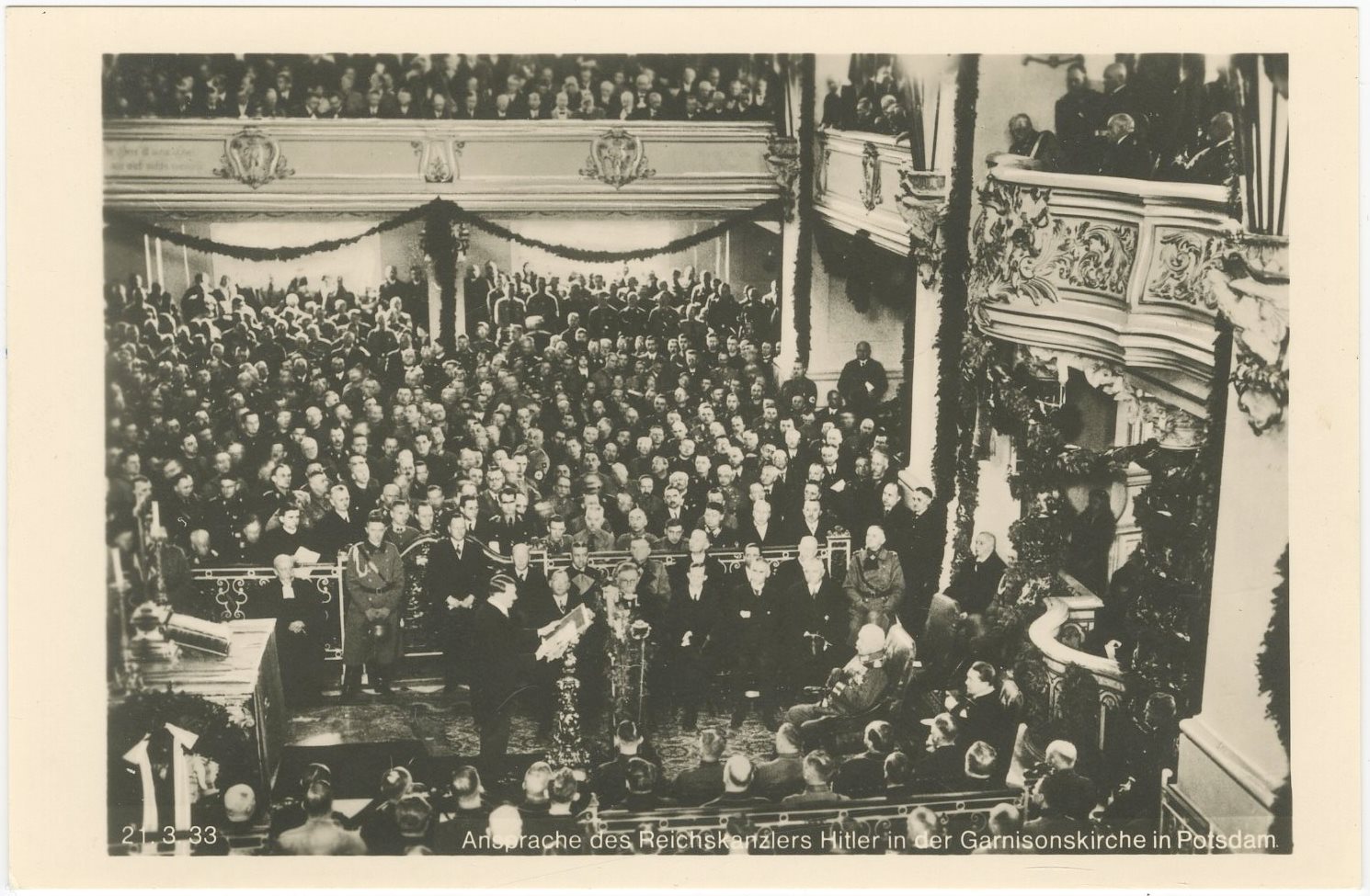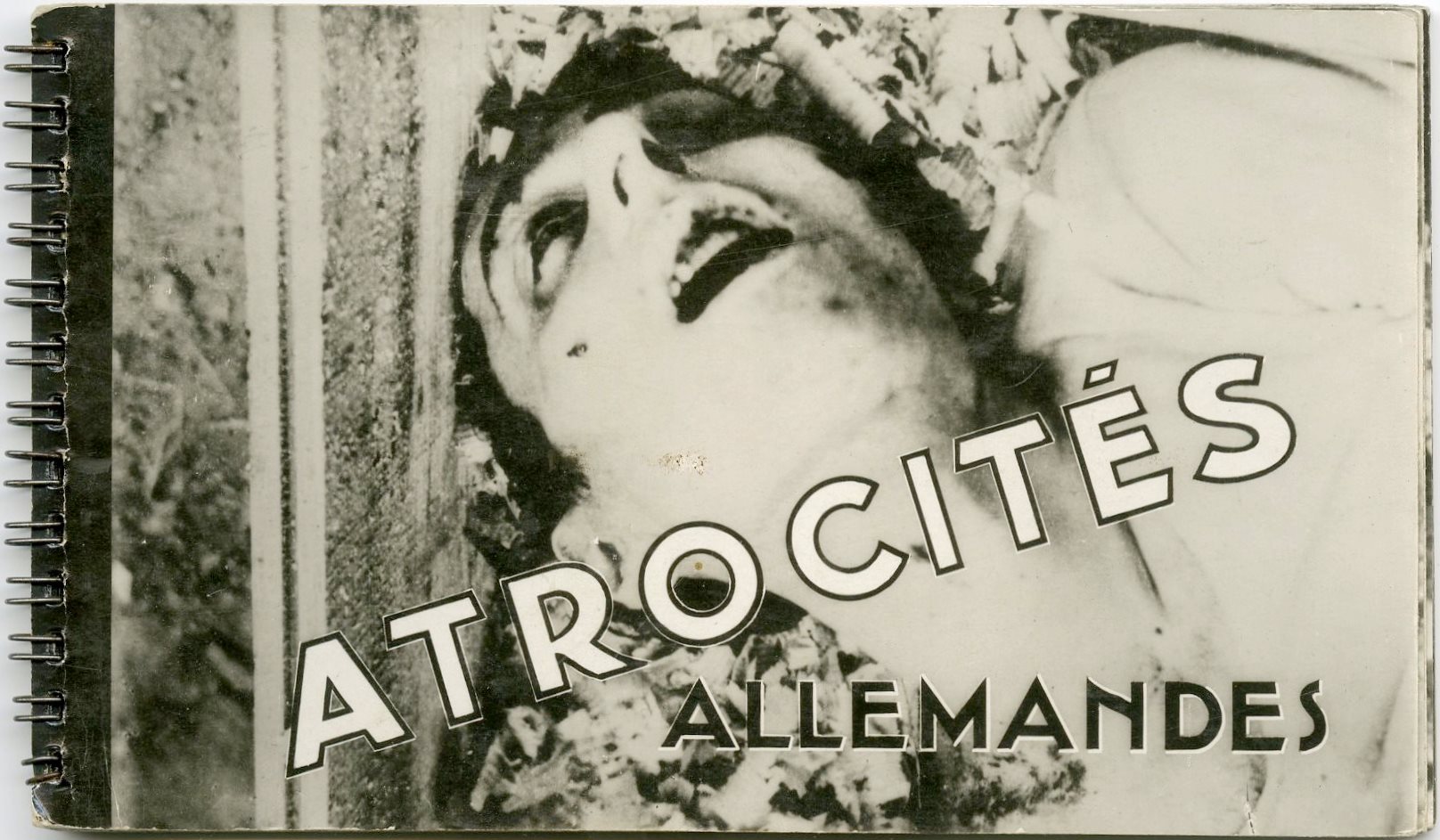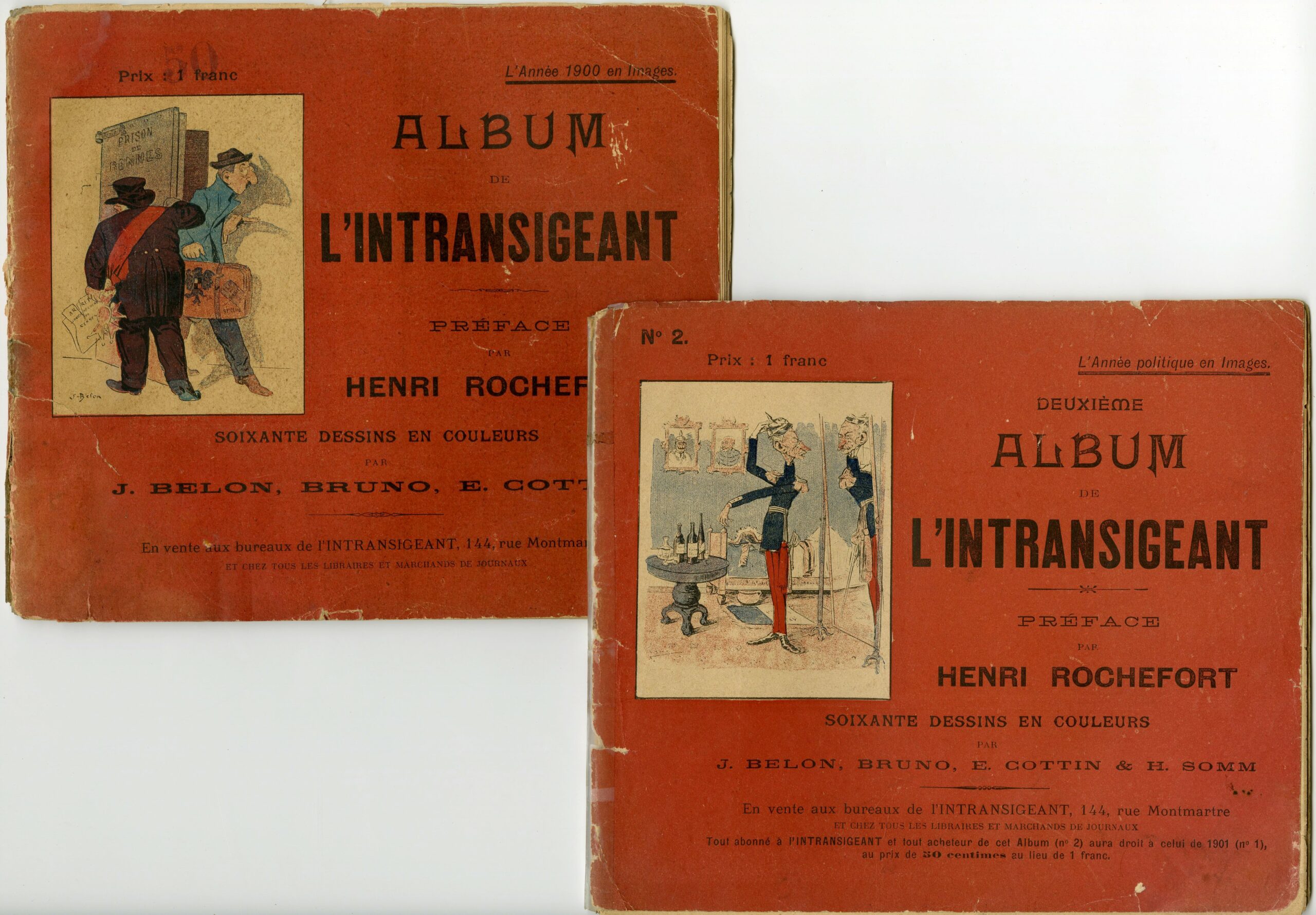"Peace Verboten" by Rennie Smith, published by Hutchinson & Co - Why and how the peace forces in German society failed against the rising power of Nazism. Britain 1943 - First edition. English. Dedicated and signed copy by the author.
Extensive review of the peace movements that arose in Germany starting from World War I and throughout the 1920s, attempting to prevent the rise of the Nazi party, until they were ultimately defeated by the Nazi dictatorship and forced off the political stage in Germany with Hitler's rise to power in 1933. It was written in the midst of World War II, when Germany's future was still unclear and it was unknown how long the Nazi dictatorship would last.
The author analyzes the political situation in Germany over the years and tries to answer why democracy and peace movements never succeeded there, despite the fact that if they had, they could have turned Germany into the greatest, most influential and powerful nation in Europe in a positive way. This at a time when in other countries, the movement managed to influence and even completely change the government of several European states. The author tries to analyze why in fact the overwhelming majority of Germans supported a war that did so much to destroy everything that had been built on the European continent for hundreds of years, and even believes that Germany would eventually win this war (written in 1943). The author, in attempting to characterize the "peace movement" that did operate in Germany, defines himself as trying to find a needle in a haystack. The absolute German majority did not advocate for peace, on the contrary - they welcomed the war and saw it as the only solution to the German nation's vision for the future. One of the author's interesting conclusions is that it was precisely the churches in Germany that advocated for peace, and therefore Hitler's first action upon rising to power was to persecute the Christian clergy. The few peace movements that arose in Germany awoke on the basis of the outcome of World War I - unlike the fascist approach that advocated restoring lost German honor by creating another war and trying to win where they had lost, peace advocates saw the defeat in World War I as a reason to completely cease wars and seek a different, peaceful solution for Germany's fate. The author elaborates on the tension between these two approaches in 1920s German society and explains why the fascist approach was embraced by most of German society.
67 [1] p. Very good condition.

